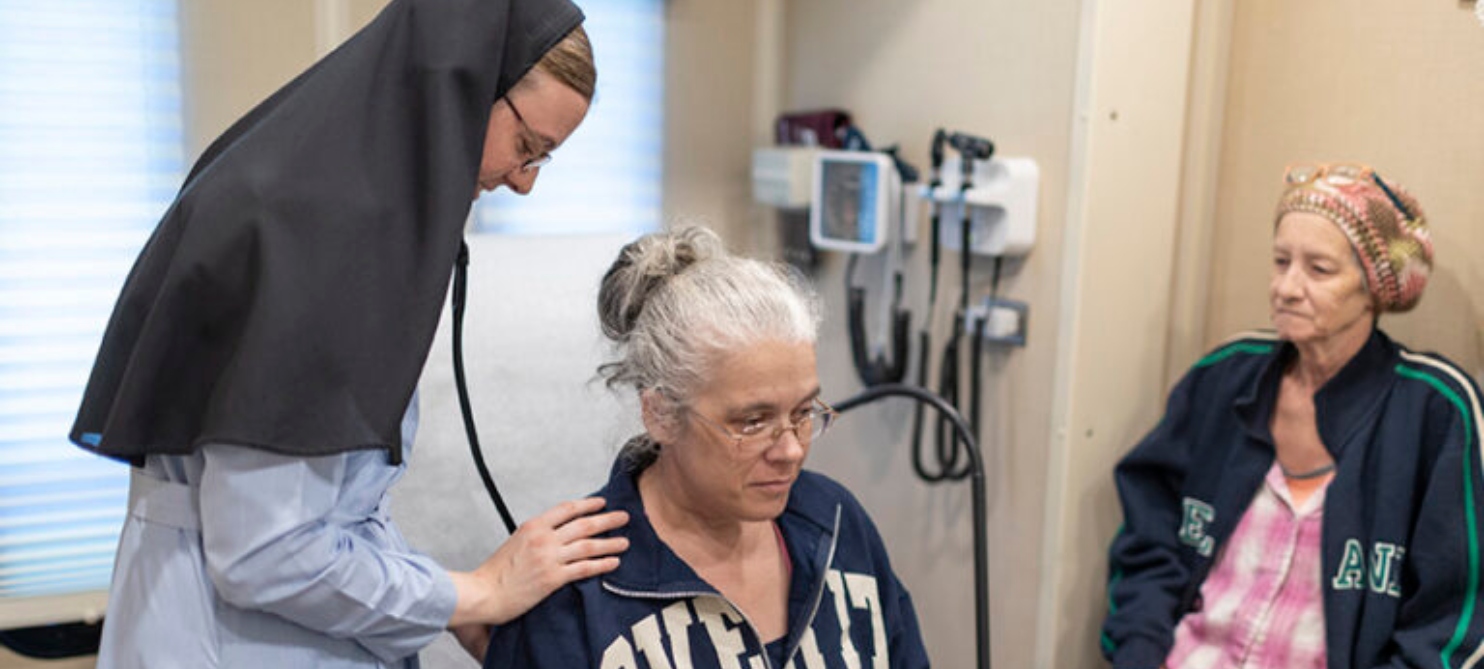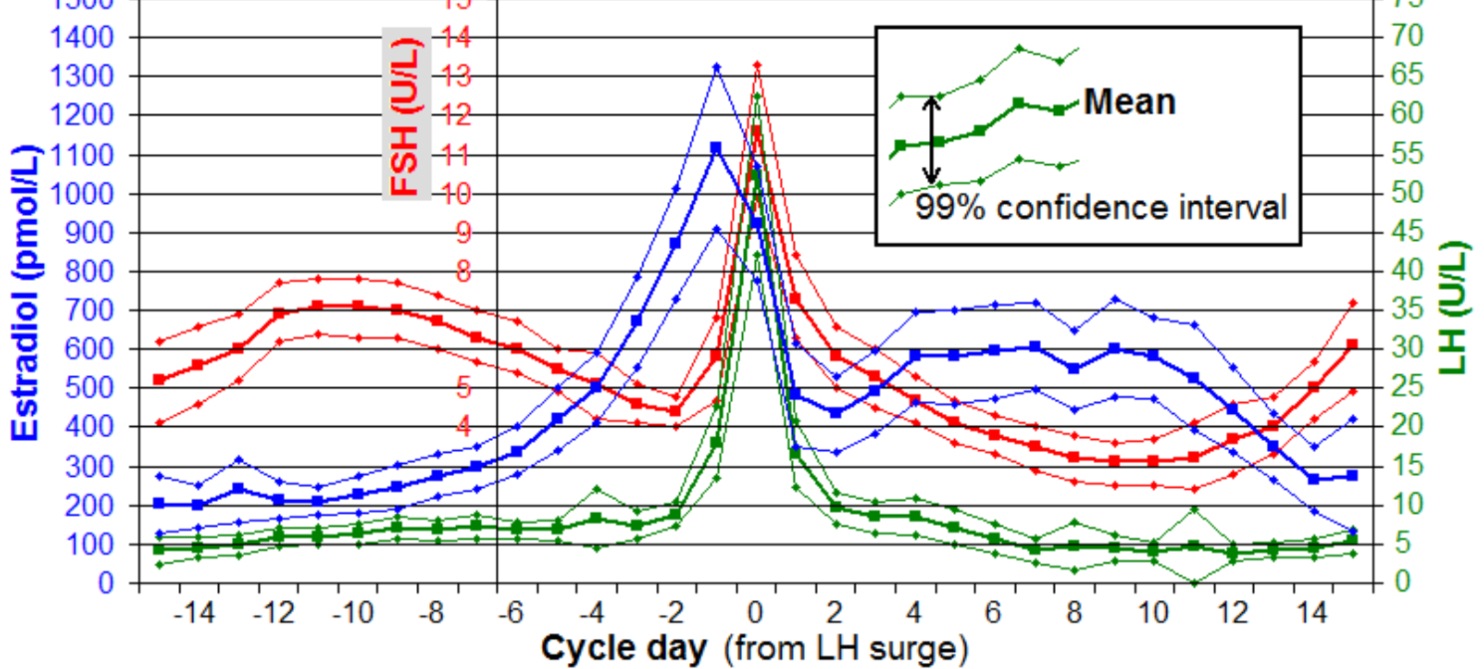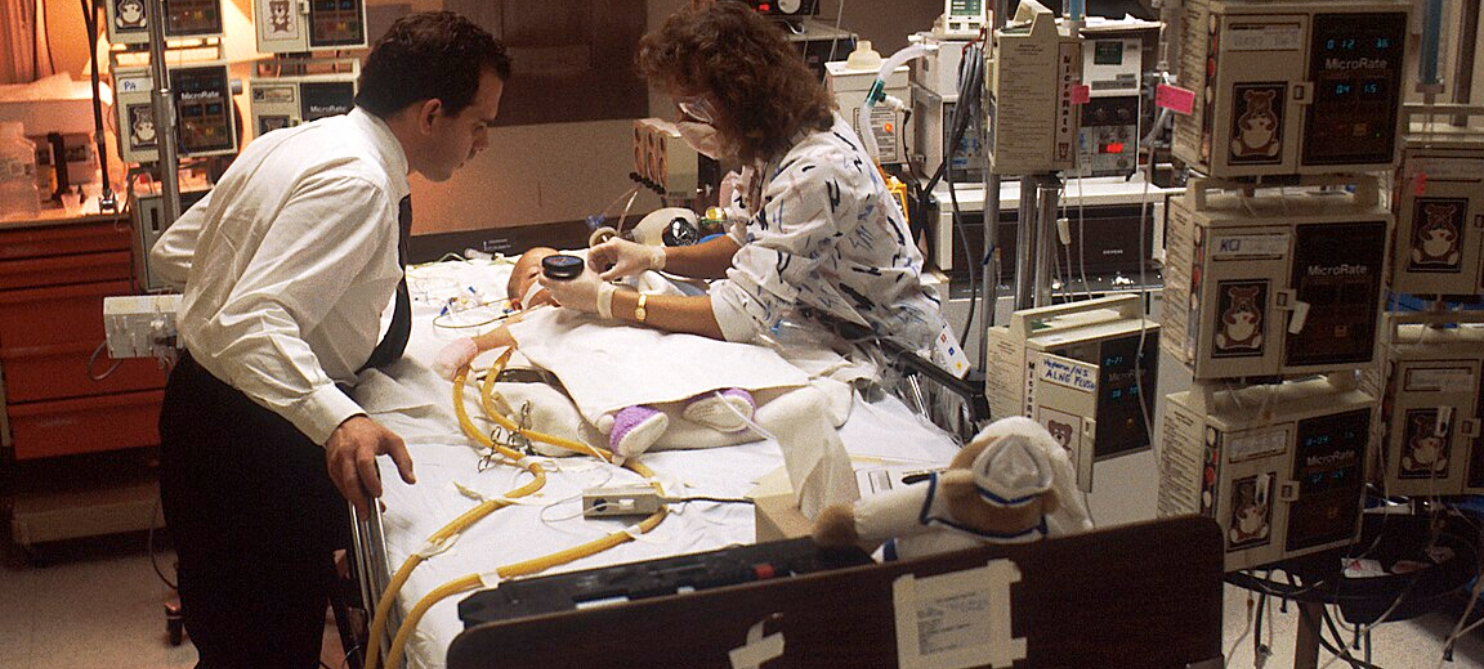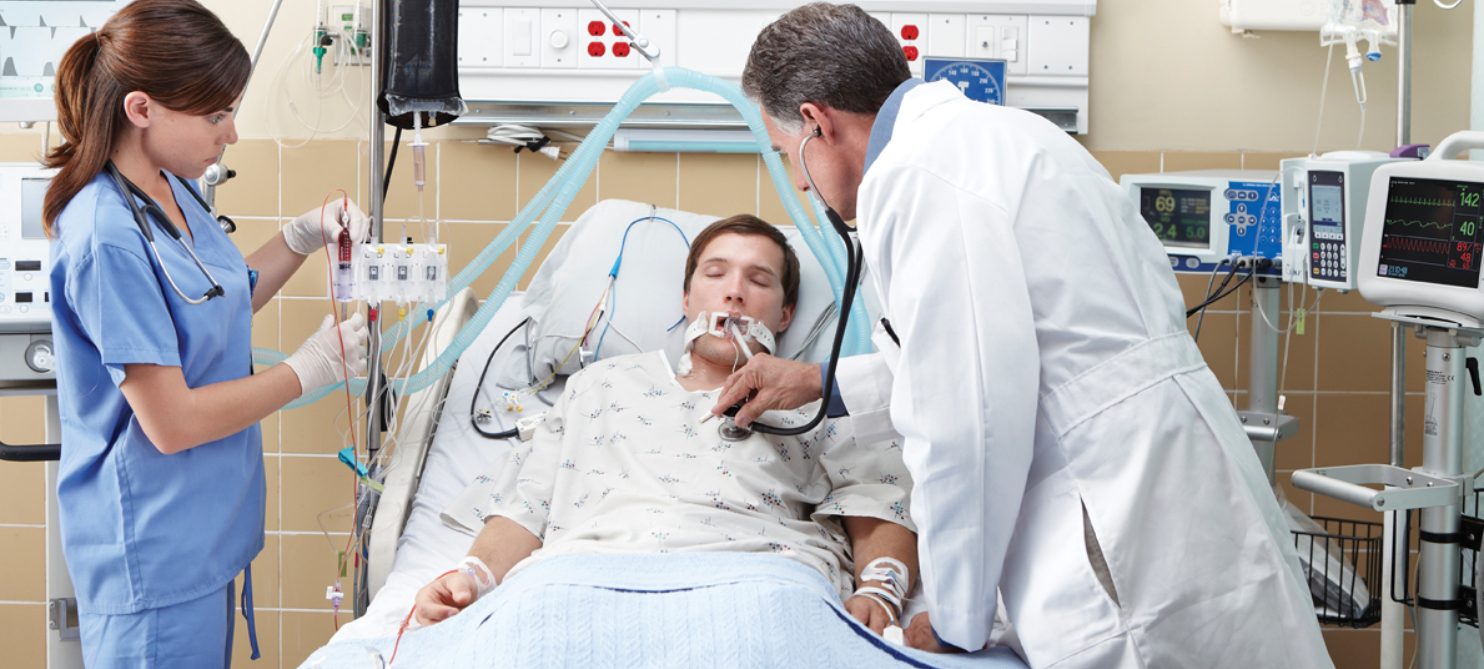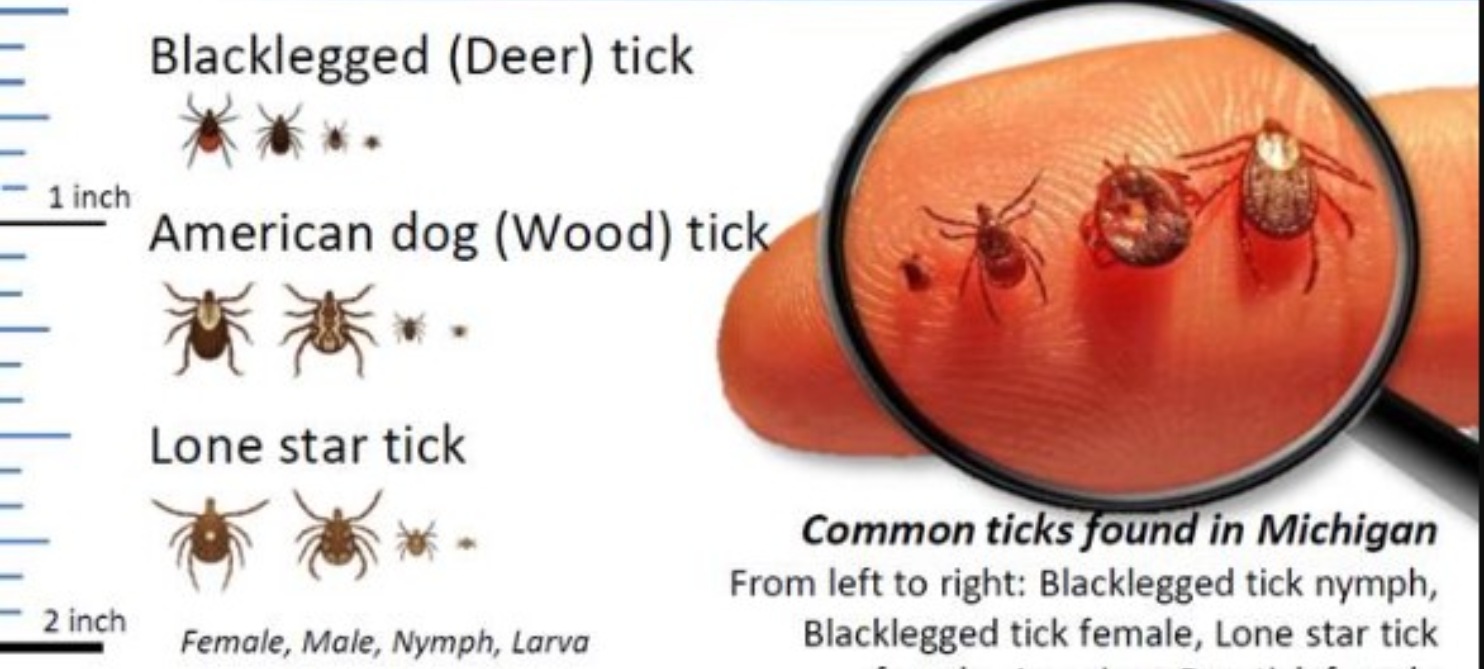In this time of increasing cases of coronavirus infections, people may have questions about which test to get and how those tests work. The link below will give you a good overview, but the basic breakdown is this:
- Rapid antigen tests (nasal swab): Take home message: fast BUT often inaccurate and not helpful in these days with so much Covid 19 around.
These can produce results very quickly, but they are not as sensitive. What does this mean? If the test is positive, it is usually believed to be a “true positive” test. If it is negative, especially if the person has had significant contact with someone who has Covid-19, then this test cannot be used to rule out active infection. In this case, the person usually will have a second test. This second test is the molecular test (nasal swab) by polymerase chain reaction (sometimes called a “PCR” test).
- Molecular/PCR tests (nasal swab): Take home message: these tests take longer to run, but they are much more accurate.
One caveat is that if someone has a significant exposure to another person with coronavirus, but tests when they do not have symptoms or too early after the exposure, the test may not pick up the virus and so the information gained by this test can be misleading. This is why testing asymptomatic people is generally discouraged. However, if a person has symptoms and the test is positive, the person has Covid-19. In these days with increased Covid-19 cases in the population, a negative test still needs to be regarded with some caution
Antibody tests (blood test): Take home message: This is NOT for diagnosis.
The key is to remember that antibodies take time to be made by the body, so this test will not tell you if you do or do not currently have Covid-19.
Learn more about tests from the FDA. This information was updated in October 2020.







